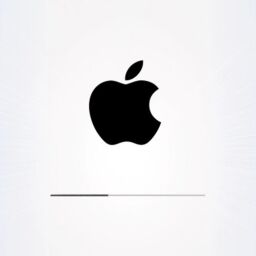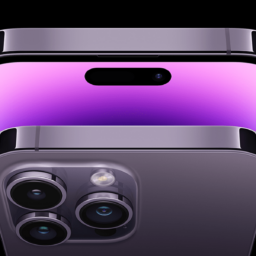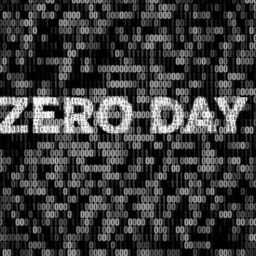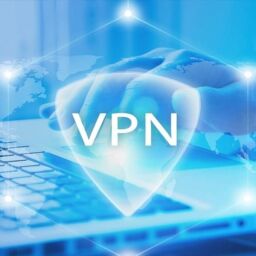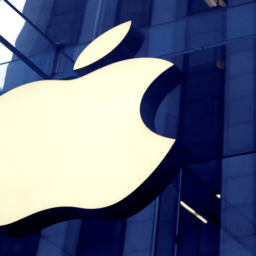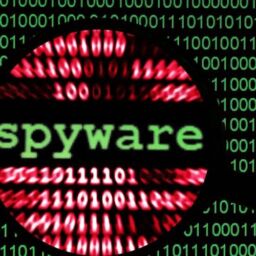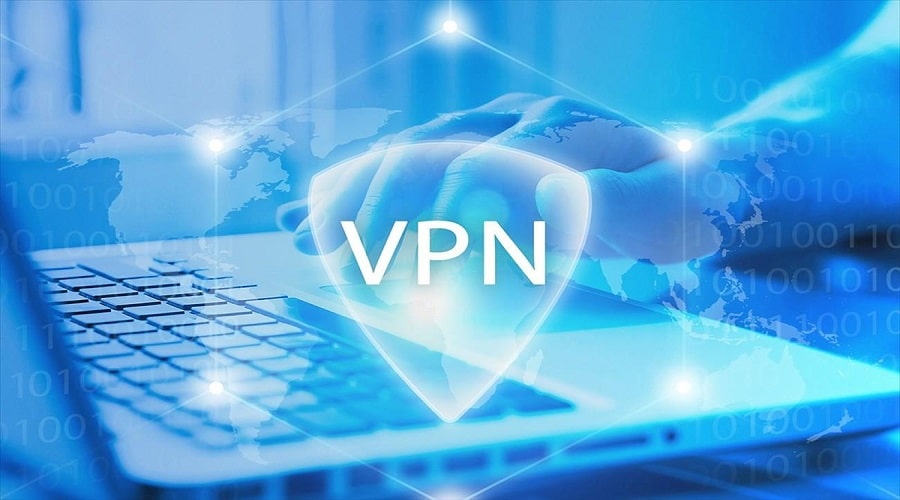
At its foundation, a VPN is a piece of software that secures your internet connection and better protects your device. It’s a buffer against the nasties of the internet, and you’ll certainly be better off with an iPhone VPN than without. But will it protect your Apple smartphone from hackers?
We explain below the ways a VPN can – and can’t – have your back against hackers, and the different kinds of cyberattacks you can experience when being hacked.
What hackers can a VPN protect your iPhone against?
A VPN works by changing your IP address and encrypting your online activity. There are certain forms of hacking, then, that the best VPNs are reliable in protecting you against where hackers require your IP address. These include:
- Remote hacking: Attempting to gain access to your system through all devices connected to your Wi-Fi, this is done through your IP address. However, when connected to a VPN, your IP address is concealed with all your browsing data instead tied up in another server, leaving you untraceable.
- Man-in-the-Middle attack: Targeting you at the point before connection, here a hacker goes through the network you’re connected to, circumvents the weak encryption in place, and intercepts your data.
- DDoS attack: Commonly mentioned when it comes to gaming, a hacker will flood your network in order to slow down and even get you kicked off your network. Once again, the hacker needs your real IP address to do this.
It’s worth noting if for whatever reason a hacker already knows your IP address, a VPN can’t protect you against these kinds of attacks, and you should instead speak to your Internet Service Provider.
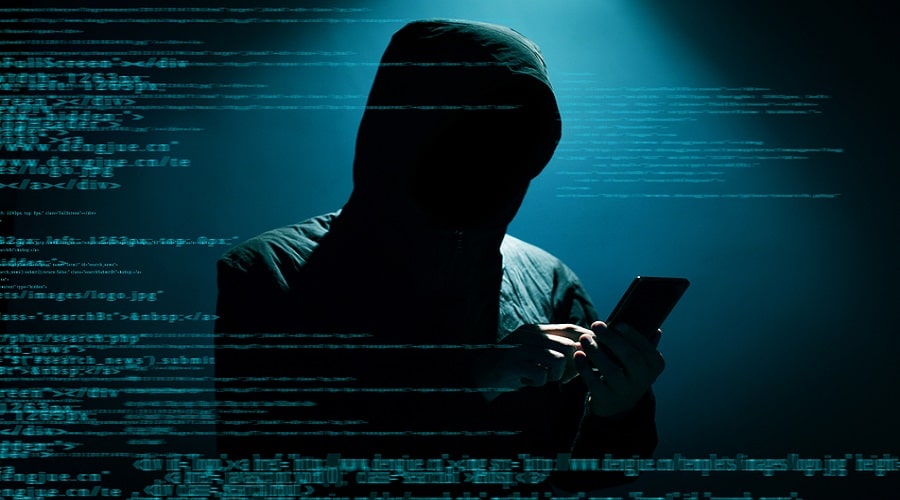
What hacking attacks are VPNs less well equipped for?
It’s fair to say hackers can be scarily sophisticated these days – whether targeting iPhones or any other internet-connected devices – and a lot of internet safety can come down to common sense and being extra vigilant. This much is true when it comes to malware and phishing, where the fundamentals of a VPN’s IP spoofing abilities don’t offer the same realm of protection. That’s because this comes down to the websites you choose to visit, and avoiding clicking on certain links in dodgy emails, or downloading dangerous files.
That said, a lot of VPN providers go the extra mile to equip users with features that can tackle these safety concerns. For instance, NordVPN has its Threat Protection suite that works to detect sites that might host malware, as well as checking any files you download, and is available on Nord’s iPhone client.
Other services offer similar features that can help to diminish the possibility of being hacked via phishing and malware including Surfshark. Its CleanWeb tool allows you to “surf in a clean cyber ocean with no ads, trackers, malware and phishing attempts”.
Similarly, Proton VPN has its own adblocker it calls NetShield, a DNS filtering tool than not only blocks ads, but also detects malware and prevents website trackers from following your online behavior.
Can a VPN on my iPhone protect me against hackers?
While a VPN can certainly offer a stronger connection that makes you less susceptible to particular hacking approaches, it’s not a foolproof way to protect your iPhone from external dangers infiltrating your device. For more complete protection, you should equip your devices with antivirus and firewalls for more comprehensive protection against online threats.
Source: www.techradar.com



